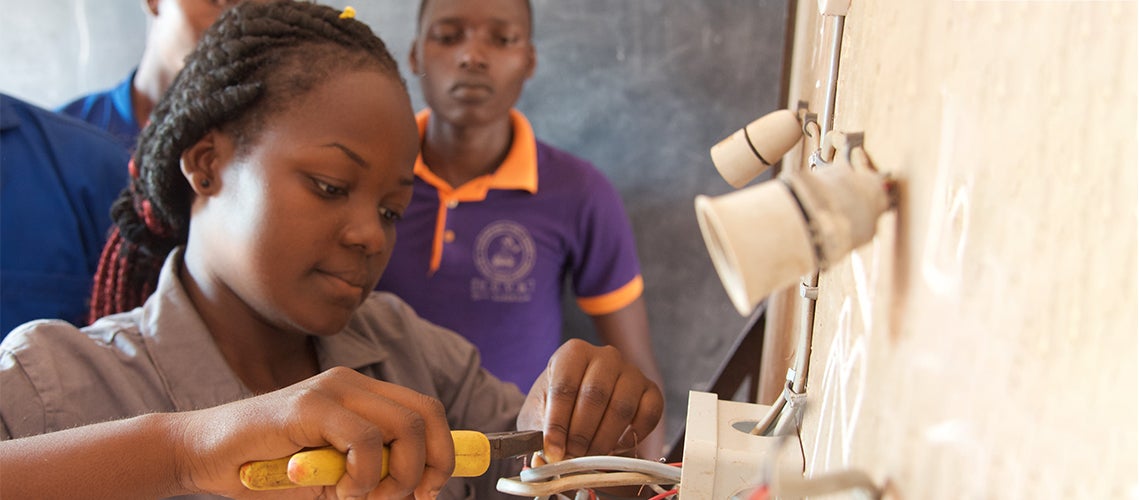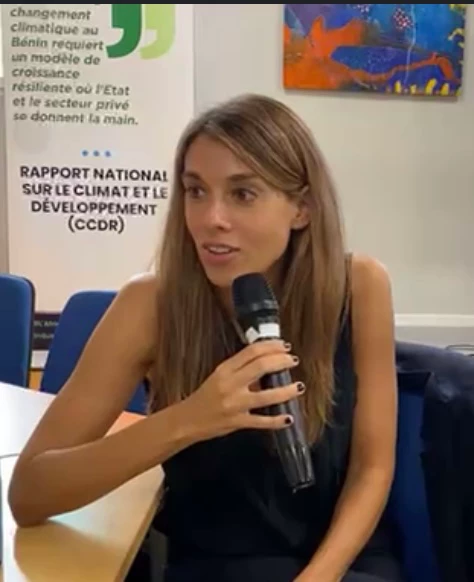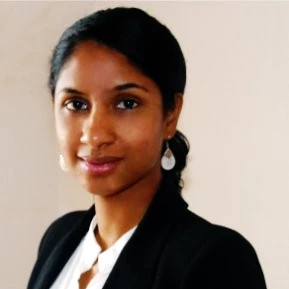 Young woman learning the basics of electricity
Young woman learning the basics of electricity
Gender gaps start early in life and are multi-faceted
In a confidential safe space, created by the youth association “Club des Jeunes Beninois acteurs du changement”, young adults (18-30 years) agreed to share with the World Bank their concerns about access to sexual and reproductive health (SRH) in Benin: “Education is central, because even if some girls know what to do, they are not allowed to by society,“ said one young participant. “Many cannot access contraception because it’s costly and there are many misconceived ideas, particularly in rural communities”, said another.
In Benin, gaps between women and men stem from structural social disparities that start earlier in life. Only one in ten girls aged 21-24 have completed secondary school. Moreover, one third of 20–24-year-old are married by the age of 18, and 15 percent are already mothers at the age of 15-19. Teenage pregnancy has severe implications for girls’ ability to accumulate human capital and become an active participant in economic and social life. High rate of adolescent pregnancy also slows down the demographic transition and its potential benefits. Currently, at 4.8 children per woman, the total fertility rate is substantially higher in Benin than among peers such as Togo (4.3) or Rwanda (4.0). Gender-based violence (GBV) is another barrier. During a UNFPA forum on gender equality, Beninese women and girls identified access to education and fighting GBV as key areas of action. About half of primary and secondary students in Benin have witnessed or suffered inappropriate touching, pressure, or jokes with sexual connotations. Evidence shows that violence perpetrated against girls in school seriously compromises their performance and retention and creates negative impacts on women’s participation in education, employment, and civic life.
How development policy financing helped support the gender agenda
Protecting and investing in women and girls is necessary for building more productive and inclusive societies, but reforms – particularly policy-related, institutional, and regulatory – take time, and are marred with political economy and societal barriers. Together with the necessary investments, they remain crucial however to advance gender equality. In 2022, public attitude surveys revealed that more than three-quarters of Beninese believed more needed to be done to promote gender equality.
Uniquely positioned with its multi-sectoral expertise and convening power, the World Bank and its Development Policy Financing (DPF) instrument can help accelerate reforms and the construction of national dialogue. In Benin, the First and Second Unlocking Human and Productive Potential DPF series in 2021-22 used the momentum created by a set of core diagnostics – the Gender Assessment and the Country Economic Memorandum – to support the government as it embarked on an agenda of reforms to empower women and girls.
Three elements were crucial for the success of the operation:
- On top of solid analytical underpinnings, the team created synergies between the regulatory reforms supported by the DPF and other investment projects. Reforms on SHR built on the knowledge of the Sahel Women's Empowerment and Demographic Dividend (SWEDD), the experience of the Gender Innovation Lab and were planned to accompany investments on the supply-side such as the Benin Health System Enhancement project.
- A consultation workshop organized with all government stakeholders helped identify key constraints to women and girl’s empowerment and a pipeline of reforms, and the operation benefited from discussions with development partners1 and youth representatives.
- Careful planning and close dialogue with authorities given the continued engagement on development policy lending since 2018 helped create an environment of constructive dialogue, with the understanding that the reforms supported would need to be home-grown.
Paving the way for gender equality
While social norms remain a major determinant for gender equality, the introduction of laws and regulations under this operation was a major step forward. Changing norms and laws can also be mutually reinforcing and legal reforms can help draw social norms in the same direction over time. The government introduced regulations expanding the scope of SRH to a wide array of services from information to modern contraception, prenatal and postnatal health, access to safe abortions in specific conditions, fertility, and sexual counseling. It also removed the cost of contraception in youth-friendly facilities.
Going forward, the adoption of a life skills program in secondary schools aims to improve boys’ and girls’ awareness of SRH. On the education front, stronger efforts were put on increasing girls’ enrollment: the government made upper secondary school education free for girls, starting in priority communes in 2022/23, before an expected national expansion in 2023/24.
Benin also passed ground-breaking reforms on GBV, revising the Criminal Code to expand the definition of gender-based crimes and sentences for sexual harassment, rape, child and forced marriage, and female genital mutilation. It created and strengthened the role of the National Institute of Women, improved the procedures for the treatment of GBV through an expanded referral system and facilitated the free provision of the medical certificate required to prosecute GBV crimes.
These reforms along with sustained efforts to promote gender equality in Benin should improve the ability of women and girls to contribute to their full potential to society and economic growth.
1 Discussions with USAID, UNFPA, UNICEF, Médecins du Monde, and the EU were held.





Join the Conversation